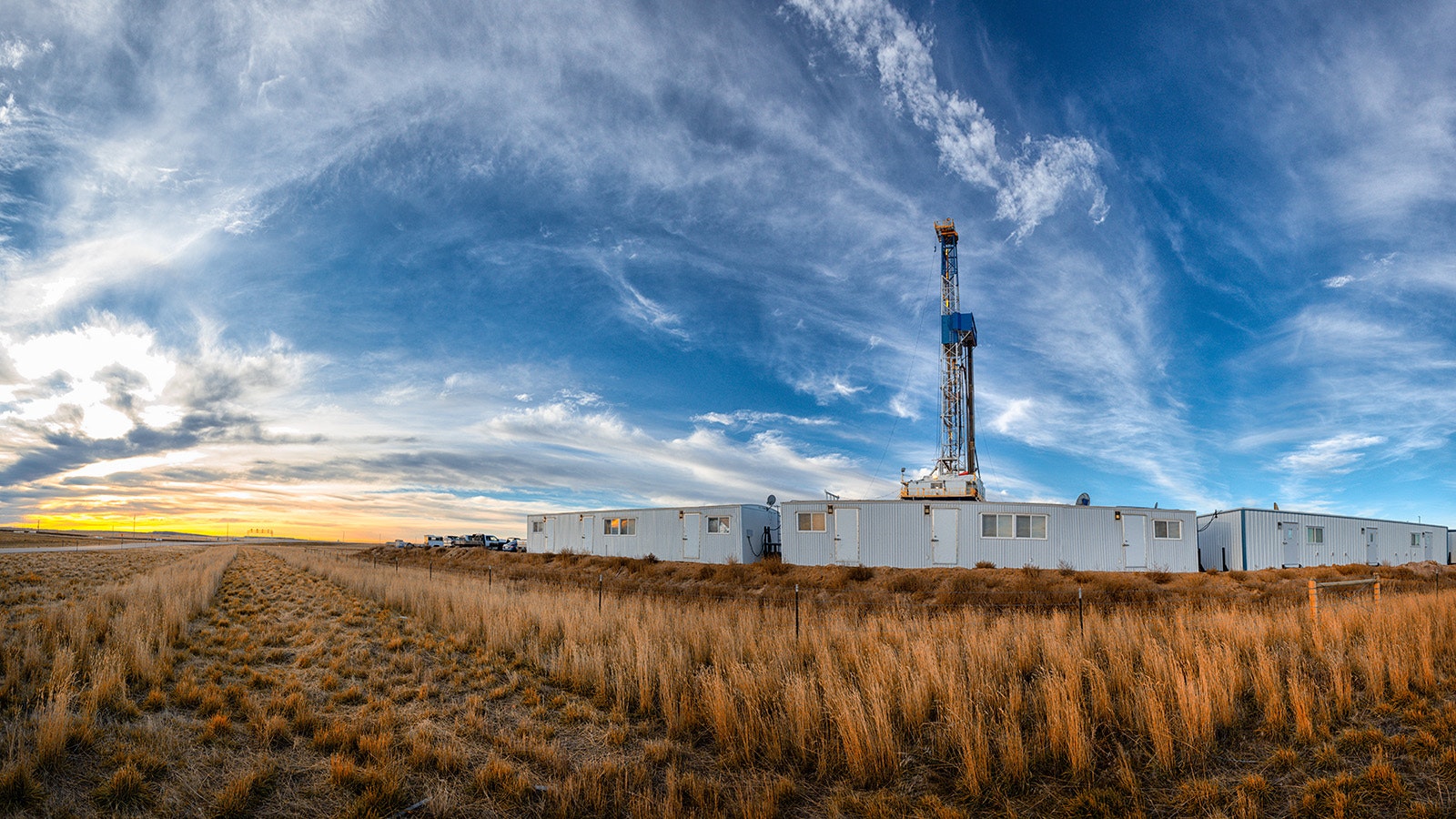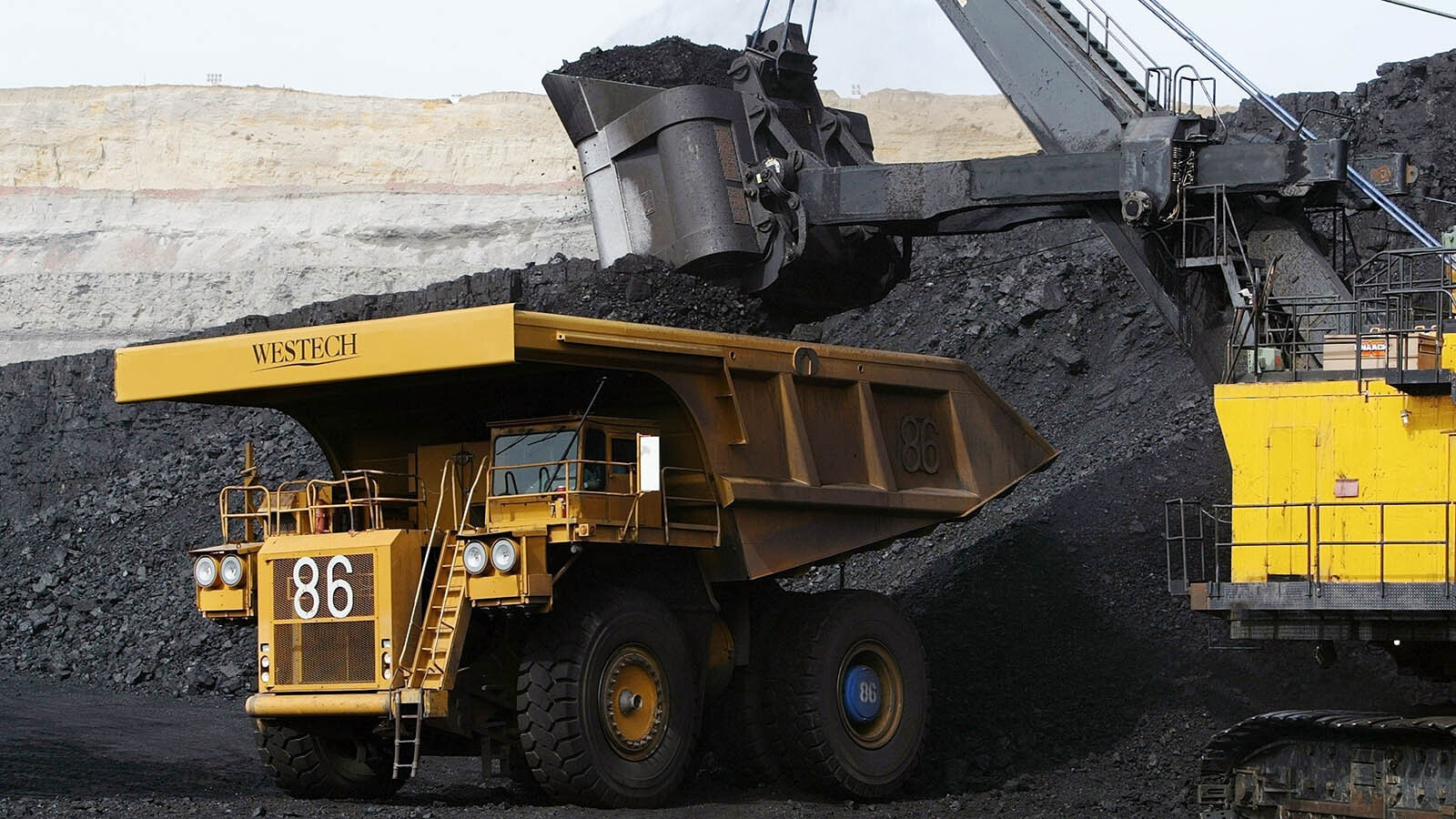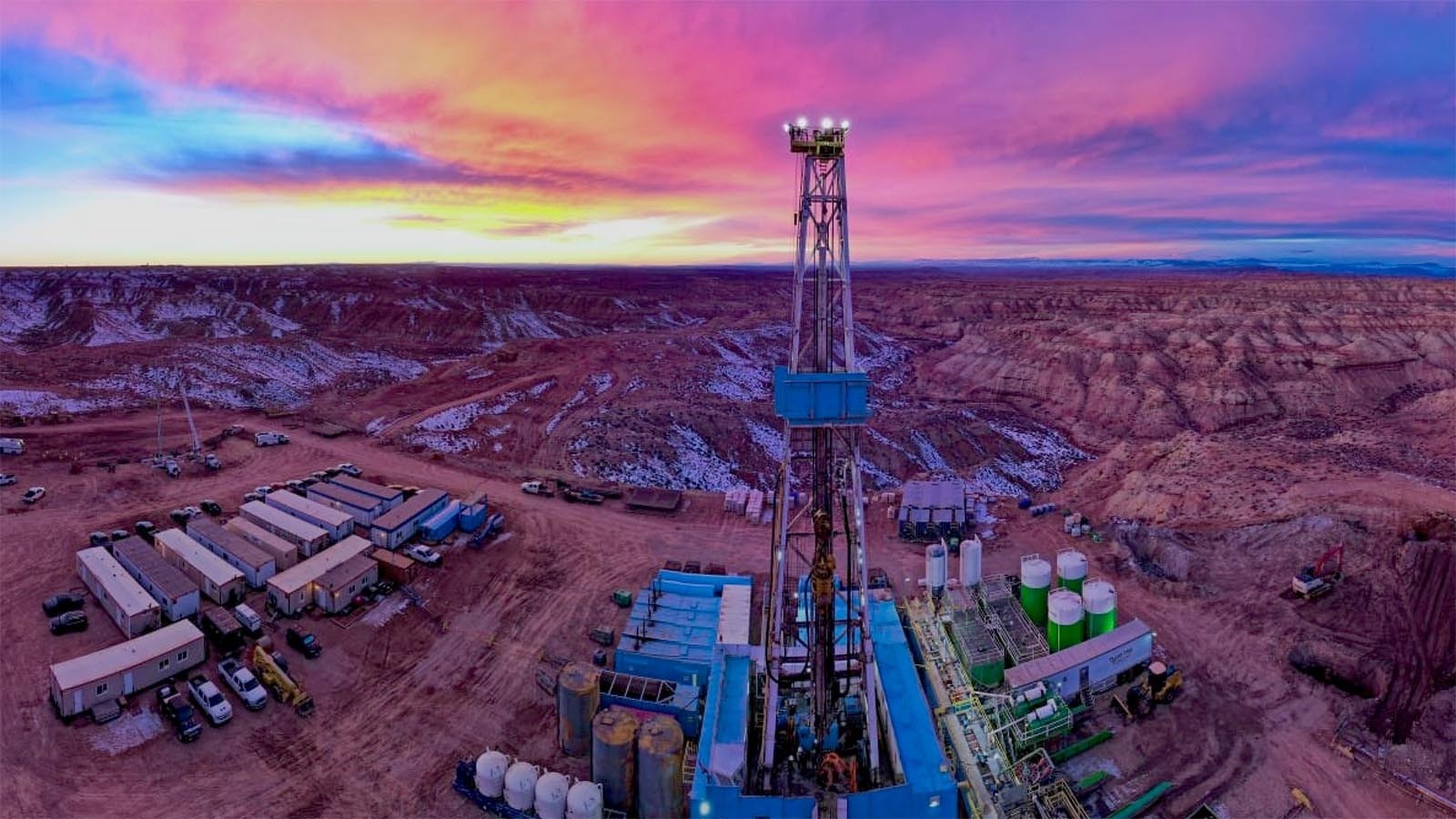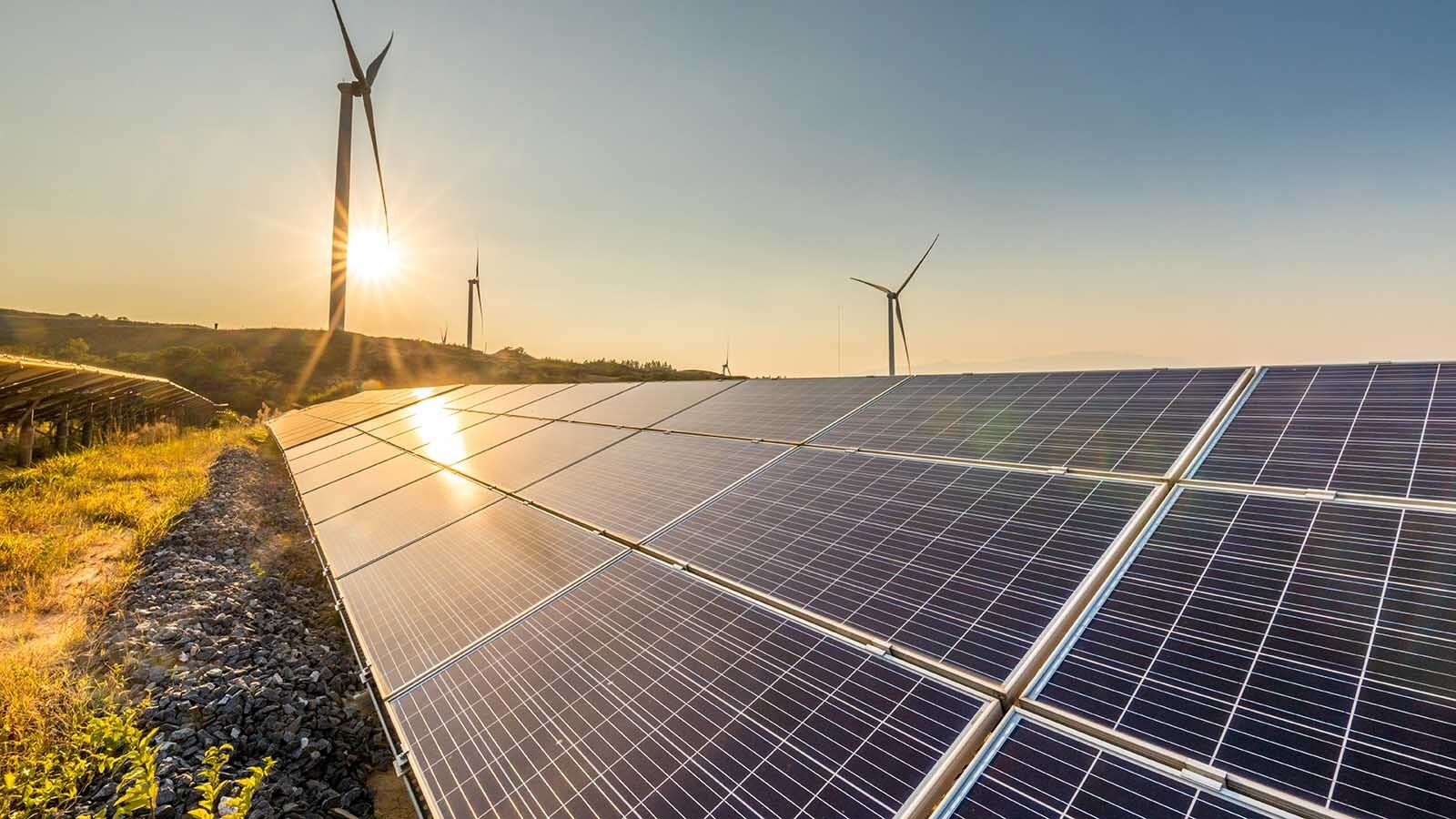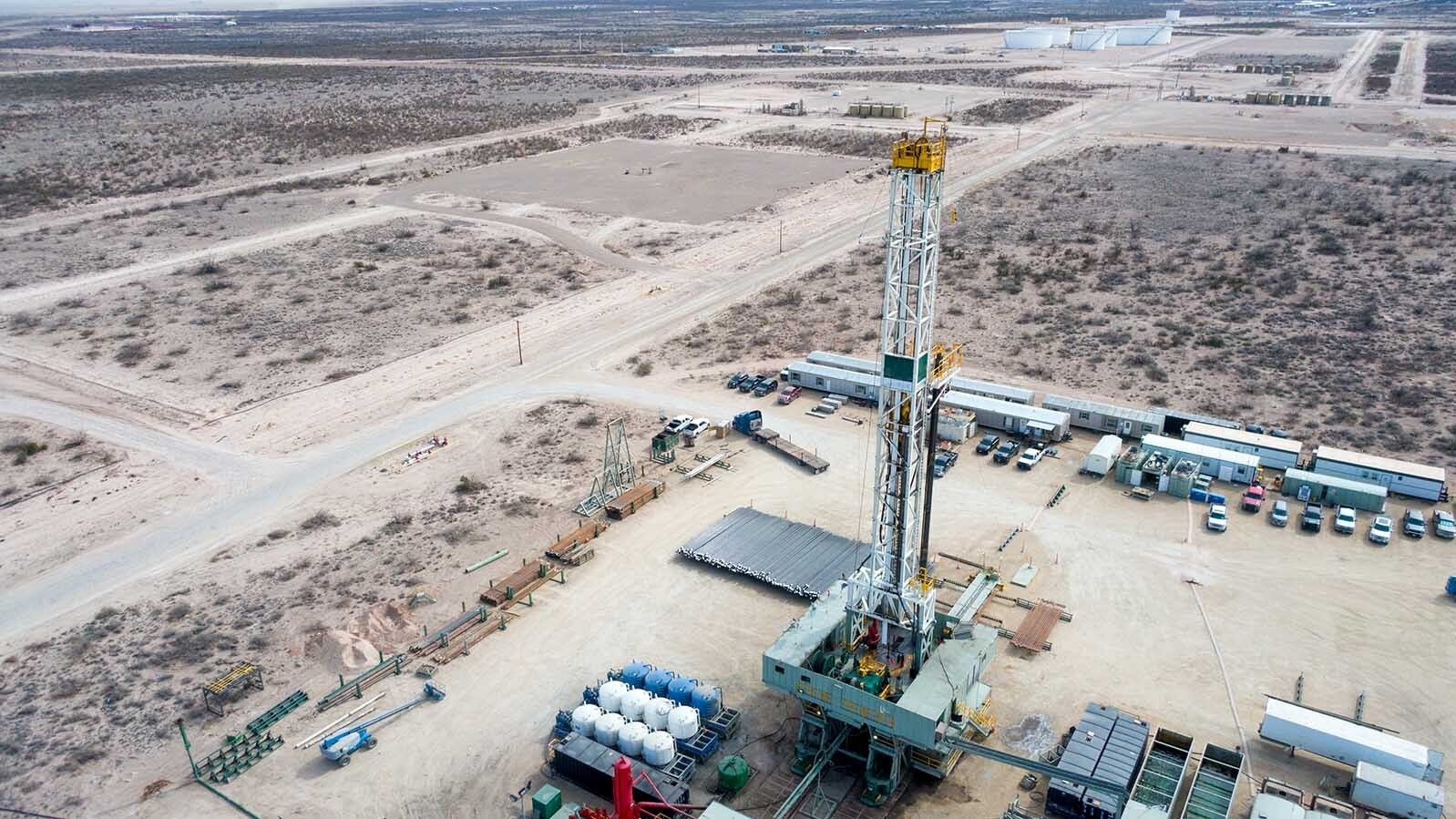Pete Obermueller, president of the Petroleum Association of Wyoming, told the Wyoming Regulatory Reduction Task Force that what’s hurting Wyoming’s oil and gas industry the most isn’t the regulatory environment. It’s the heavy tax burden.
While Wyoming is known for having a great business climate with regard to its taxation, Obermueller said at the task force’s meeting this week in Cheyenne, it’s not true for the petroleum industry.
“We are among the highest, if not the highest in the nation,” said Pete Obermueller, president of the association.
Small Businesses
The taxes are especially difficult for Wyoming’s producers, Obermueller said, because a large portion of the operators in the state are small businesses.
About one-third of all Wyoming’s oil and gas production comes from 400 small oil companies. Individually, these companies produce less than 2% of the total each.
“We hear a lot of rhetoric about Big Oil. We really just have Wyoming oil for the most part. Most of the majors do not operate here, and even the larger operators are independents,” Obermueller said.
Ryan McConnaughey, spokesperson for the Petroleum Association of Wyoming, told Cowboy State Daily that the state’s effective tax rate is double that of Colorado and twice that of New Mexico.
During the meeting, former Wyoming Sen. Eli Bebout said Illinois has no severance or ad valorem tax on oil.
“Those are factors that producers have to take into account when they are deciding whether or not to produce in Wyoming,” McConnaughey said.
Reviving Legacy Wells
Obermueller said that it’s becoming increasingly difficult to drill new wells. Federal leasing has been under attack from President Joe Biden’s administration. Biden campaigned on a promise to end the leasing program entirely. Most of Wyoming’s operations take place on federal land.
To ensure Wyoming’s industry has a future, Obermueller said, the industry may have to rely on legacy wells. These are wells that were drilled, completed and produced for a time. With each well, there’s a production curve where it eventually costs more to continue extracting oil from the well than the value it produces.
He said one area where the Legislature could help the petroleum industry is keeping well bonding at a level that doesn’t disincentivize investment in Wyoming’s legacy fields.
“They’re not plugged. We don’t want to plug them because there’s a resource that can still be accessed,” Obermueller said.
Keeping the bonding requirements friendly to the industry would help the smaller producers and bring life back into existing oil and gas infrastructure, he said.
Enhanced Oil Recovery
Obermueller said that members of the association are also working in the carbon capture and sequestration field as another opportunity for the industry.
Enhanced oil recovery utilizing captured carbon dioxide emissions can stimulate a legacy well to extend its life.
The federal government pays a tax credit for carbon dioxide sequestered through enhanced oil recovery.
“That new direction is not a substitute for what most of my members do in terms of hydrocarbon production. It is additive,” Obermueller said. “It could really be a game changer for Wyoming.”
Regulatory Headaches
Obermueller said that most of the regulatory headaches the industry faces come from the federal level, which isn’t something the task force could address.
The portion of operations that involve state regulations, he said, aren’t particularly onerous.
“We have a good relationship — not always super friendly — but we have a good, open relationship with” state agencies, Obermeuller said.
Where the industry has come in conflict with state agencies, the two parties have been able to find resolutions. Obermeuller said that’s sometimes involved passing legislation.
“We did it, because it needed to be done,” he said.
What’s Next
In addition to Obermueller, the task force heard from a number of representatives of the agriculture and the housing industries.
Sen. Mike Gierau, D-Jackson, chair of the task force, told Cowboy State Daily the input and ideas the task force received will now go through working groups. They will then send over recommendations to various committees in the Legislature. For any energy-related recommendations, for example, these will likely go over to the Minerals Committee.
Tax issues might go to the Revenue Committee. From there, bills might end up in the legislative session next year.
“The Petroleum Association and the people he [Obermueller] represents are important to Wyoming,” Gierau said. “And when the industry talks, we need to listen.”

